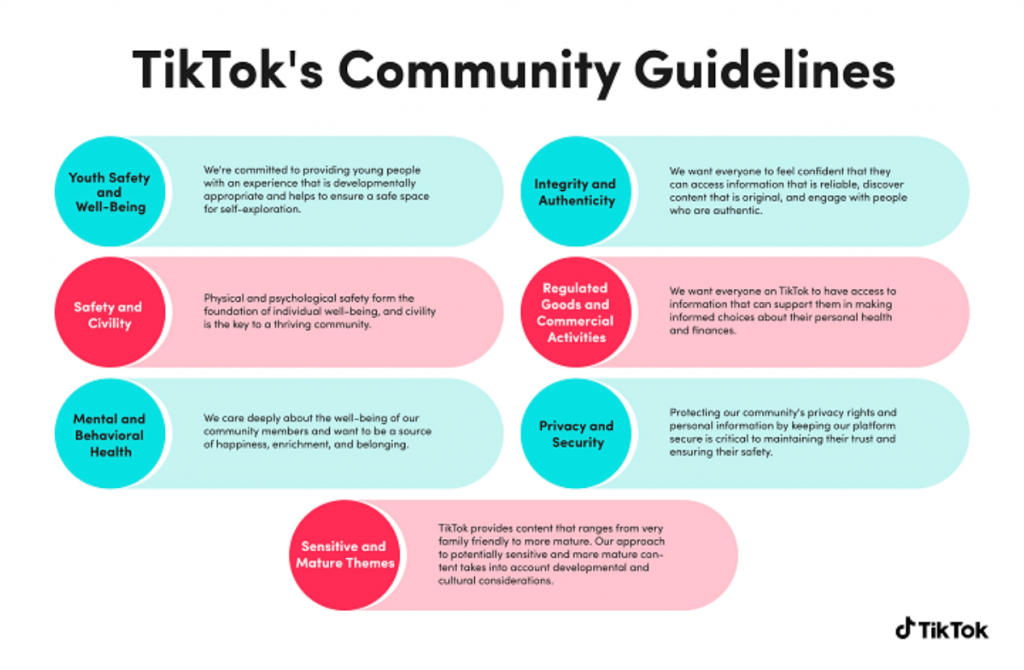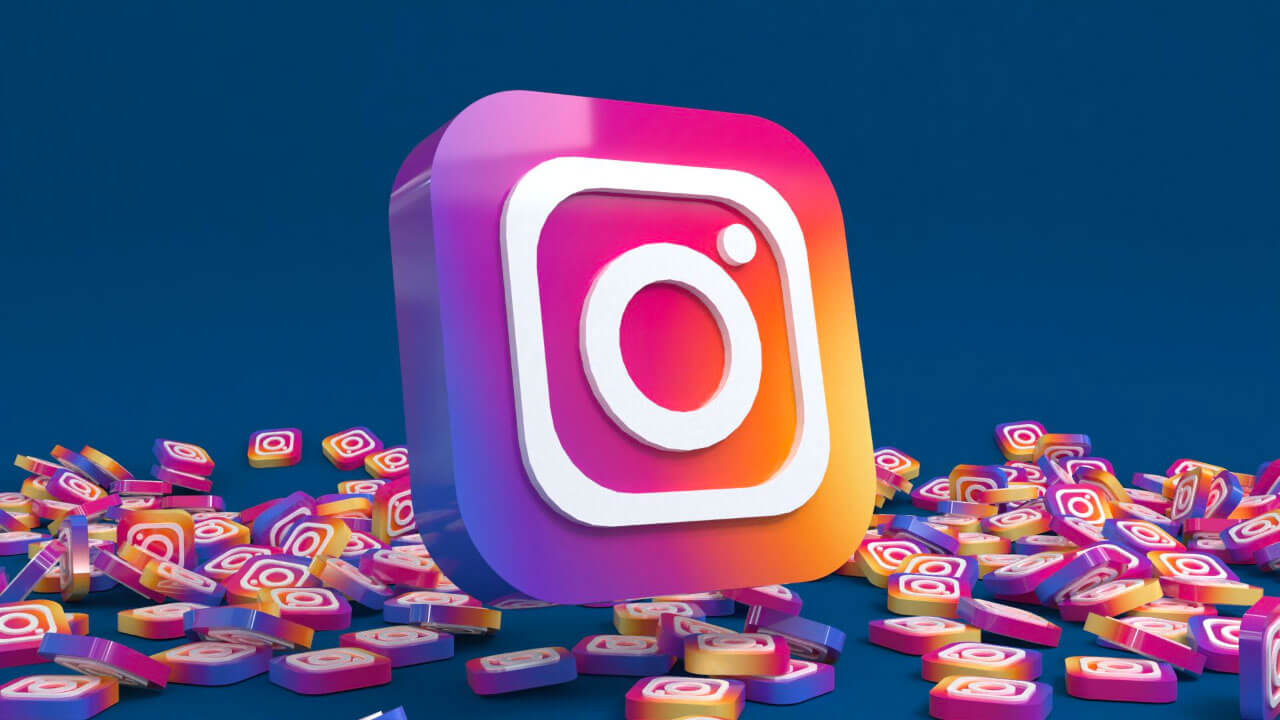As TikTok continues to face scrutiny from US lawmakers and regulatory bodies, the popular social media platform has taken proactive measures to update its Community Guidelines. The new provisions cover a range of issues that have been of concern to policymakers and the public alike, including the spread of synthetic media, hate speech, and efforts to safeguard election integrity.
The rise of synthetic media, such as deepfakes and other types of manipulated content, has become a growing concern for social media platforms and governments worldwide. By prohibiting the posting of misleading or false content that has been artificially manipulated, TikTok’s new guidelines aim to prevent the spread of such content and help ensure that users can trust the information they see on the platform.
TikTok consulted with more than 100 organizations worldwide, including its US Content Advisory Council and members of its community, to inform the most comprehensive updates to its Community Guidelines to date.
The main changes to TikTok’s policy are in the synthetic media section, which now clearly states that AI creations depicting realistic scenes must be labeled as such. TikTok’s synthetic media policy also states that AI depictions of private citizens are not allowed, while depictions of public figures are allowed so long as they are not used to endorse products or otherwise violate the platform’s policies.
“We welcome the creativity that new artificial intelligence (AI) and other digital technologies may unlock. However, AI can make it more difficult to distinguish between fact and fiction, carrying both societal and individual risks. Synthetic media or manipulated that shows realistic scenes must be clearly disclosed. This can be done through the use of a sticker or caption, such as ‘synthetic’, ‘fake’, ‘not real’, or ‘altered’.”
TikTok has added “tribe” as a protected attribute in its hate speech and hateful behavior policy, providing more culturally sensitive consideration, while also adding new, specific rules for protecting government and political party accounts and combating election misinformation.

In addition, TikTok has overhauled how it presents its rules, with sections now separated thematically into different topic areas. They also shared the four pillars of its moderation approach:
These updates are an effort to better integrate TikTok with US regulators, aligning with key pain points identified as concerns by US officials. The updates also further separate TikTok from the rules applied in the Chinese version of the app, Douyin, which should help to show that TikTok is a separate entity and is not dictated by Chinese management.
With the release of the new Community Guidelines, TikTok has taken a step forward in ensuring that it remains a safe and welcoming environment for all its users. The updates to the guidelines represent a positive change that will make the platform more transparent, trustworthy, and compliant with international legal frameworks. These new measures, along with the decision to separate TikTok from Douyin’s rules, are significant steps towards creating a distinct identity for the app and promoting its global appeal. With the new guidelines set to take effect soon, TikTok users can look forward to a safer and more enjoyable experience on the platform.






